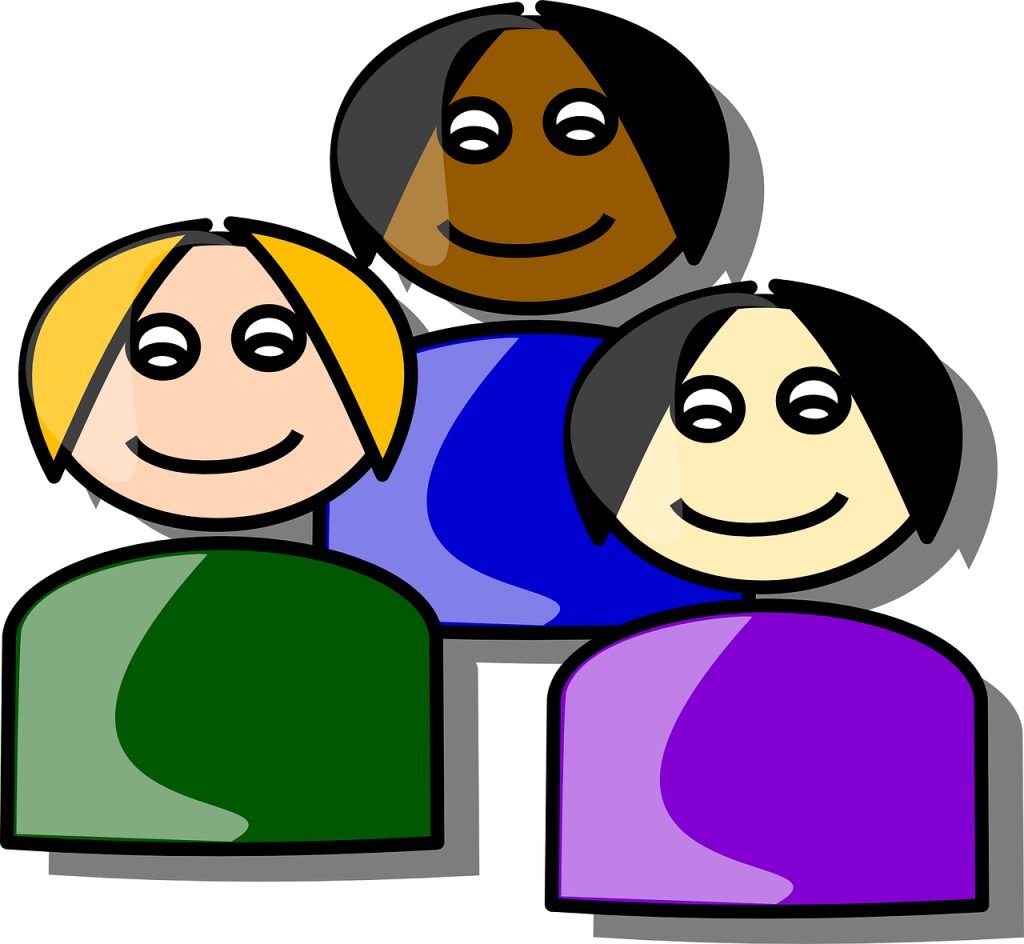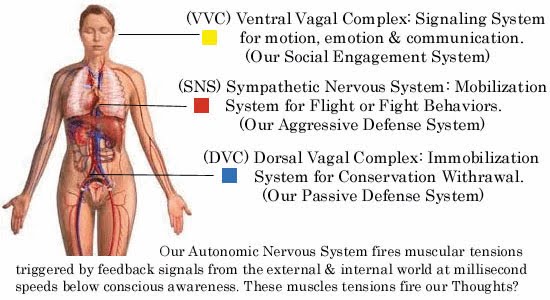
I would like to take the next few blogs to enunciate ideas for a novel union of which in the coming months, if all goes well, I’ll begin to have an actual experience of what I am proposing here today. The yoga psychotherapy group that will begin, I figure, as an affordable ‘meet-up’, hosted early Saturday mornings, is to be an experiential process group whose design aspires to the creation of new spiritual culture simultaneous to usual work in group psychotherapy. So first in this blog – why a Yoga Psychotherapy?
For many in the West, life is mechanized, sedentary, less original and lacks higher purposes. The epidemiology of addictions, physical disease, various emotional or mental health issues, social isolation, existential angst and malaise are symptomatic of how westerners approach modern life. Positively speaking, more are seeking out the collaborative support of psychotherapists in confronting troubling personal issues. This trend correlates with two further emergent themes: one, a greater motivation to tackle personal emotional, cognitive or lifestyle obstacles to healthier and happier lives, and two, a lessening of the stigma attached to working with a therapist and growing awareness of the potential support, ‘good’ and discovery that such work can mean. Additionally, people are making links between what they feel to be ‘gaps’ in contemporary western culture in providing adaptive skills for a changing world and what seems to be suspiciously missing from daily life. Stretching the speculation even further, some may be intuiting a connection between ‘what’s up’ and what the historian, Karen Armstrong, called a “god-hole” in their personal lives (Armstrong: 1993).
In light of contemporary trends, the integration of a system of traditional yoga theory and practice into a model or an experience of psychotherapeutic interventions at the level of lifestyle change, while including a mindful focus on ‘meaning in life’ processes means a ‘punctuated’ step forward in the evolution of western psychotherapy. The west is eager and the time is propitious for therapists to look to the world of yoga in supporting clients. So I feel these days.
Yoga provides the basis for a spiritual-existential paradigm in counseling psychotherapy that on a personal level could help create an individual experience of life that is energized, derived from a profound sense of wellbeing and directed towards living purposefully. On both personal and socio- cultural levels, yoga psychotherapy reinvigorates the connection, belonging, love and compassion in a community as it supports clients in facing the variety of challenges that life delivers. And as we therapists know – we are all clients!
In the history of spiritual insights and attempts to spiritualize psychotherapy in the west, Yoga Psychotherapy presents a paradigm shift towards spirituality-inspired counseling. The Vedanta and Yoga theory fuses the mind/body and soul into a compelling explanation and approach to human psychological and spiritual development. The essence of all yoga psychotherapeutic interventions is this holism.
So I will say this for now and continue next month with a little more on Yoga Psychotherapy. If any of my fellow therapists have any questions, comments or want to learn more before the next blog, please feel free to get in touch at [email protected]
References
Armstrong, Karen. History of God. Ballantine Books: New York. 1993.
*The views expressed by our authors are personal opinions and do not necessarily reflect the views of the CCPA








